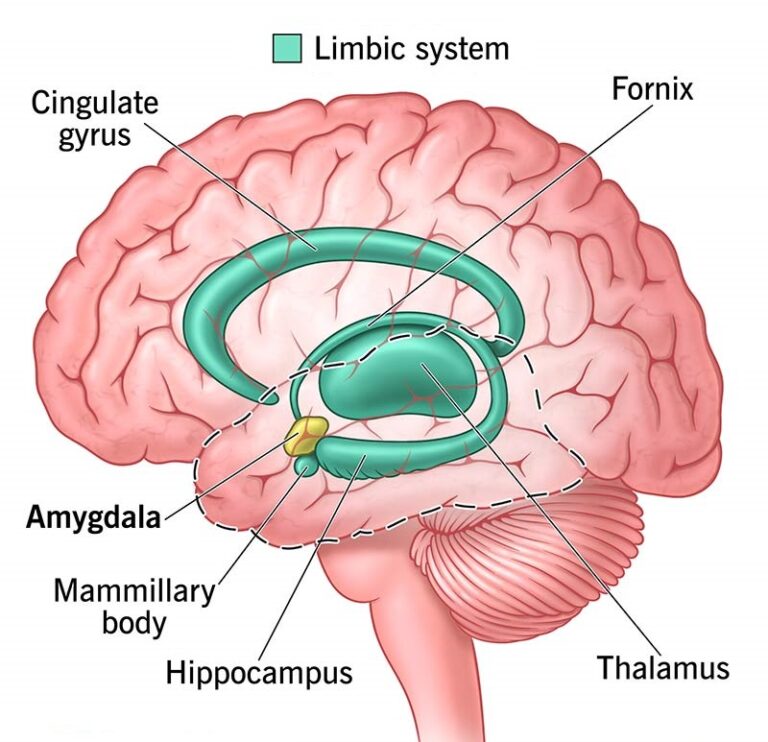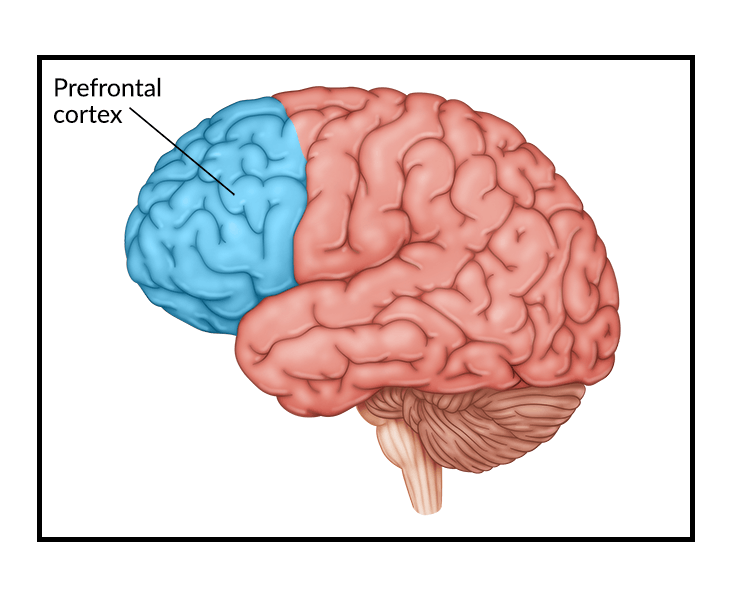
Psychological testing in clinical settings plays a vital role in the assessment, diagnosis, and treatment planning of individuals with various mental health disorders, cognitive impairments, and emotional difficulties. Clinical psychological tests are designed to gather relevant information about an individual’s cognitive, emotional, and psychological functioning to inform diagnosis, treatment, and therapeutic interventions. These tests are not just used for diagnostic purposes but are also valuable in evaluating treatment efficacy, understanding personality dynamics, and aiding in therapeutic decision-making.
1. Role of Psychological Testing in Diagnosis
Psychological testing serves as a key diagnostic tool in clinical settings. Clinicians rely on various standardized tests to identify psychological disorders, assess their severity, and formulate a treatment plan. These assessments are particularly important for conditions that require precise diagnostic criteria, such as mood disorders, anxiety disorders, psychotic disorders, and neurodevelopmental disorders.
1.1 Clinical Diagnosis and Differentiation
Psychological tests help clinicians differentiate between various disorders that share similar symptoms. They offer a structured approach to diagnosis, reducing the chances of misdiagnosis. Tests such as the Minnesota Multiphasic Personality Inventory (MMPI-2) and the Beck Depression Inventory (BDI) are commonly used for evaluating psychological disorders like depression, anxiety, and personality disorders.
Scenario Example: A clinician might use the MMPI-2 to differentiate between general anxiety disorder (GAD) and social anxiety disorder (SAD). While both conditions may manifest as anxiety, the MMPI-2 can highlight specific behavioral traits that distinguish the two.
1.2 Cognitive Assessments for Neurocognitive Disorders
Neuropsychological testing is a cornerstone in diagnosing and understanding cognitive impairments such as dementia, Alzheimer’s disease, and other neurodegenerative disorders. The Wechsler Adult Intelligence Scale (WAIS-IV) and the Montreal Cognitive Assessment (MoCA) are frequently used to assess cognitive decline.
Research Finding: A study by Bauer et al. (2017) demonstrated that the MoCA is a reliable tool in detecting early cognitive decline, even before observable symptoms appear, which is crucial for early intervention in Alzheimer’s patients.
1.3 Screening for Psychotic and Mood Disorders
Psychological tests are integral in the assessment of mood disorders, such as depression and bipolar disorder, as well as psychotic disorders like schizophrenia. The Beck Depression Inventory and Hamilton Depression Rating Scale help measure the severity of depressive symptoms, while the Positive and Negative Syndrome Scale (PANSS) is used for psychotic disorders.
2. Application in Treatment Planning
Once a diagnosis is made, psychological testing aids in formulating an effective treatment plan. It provides a baseline for understanding the client’s strengths, weaknesses, and specific psychological functioning that may affect treatment. Psychological tests can guide the clinician in selecting the most appropriate therapeutic interventions.
2.1 Establishing Baselines for Treatment
Initial assessments help establish baseline levels of psychological functioning that can be used to monitor progress over time. For example, using tests like the Beck Depression Inventory (BDI) at the start of treatment allows the clinician to track changes in depressive symptoms over the course of therapy.
Example: A patient undergoing Cognitive Behavioral Therapy (CBT) for depression might complete the BDI at the beginning of therapy. This score becomes the reference point for future assessments, enabling the clinician to measure therapeutic progress.
2.2 Tailoring Interventions
Psychological testing allows for the customization of treatment strategies based on individual test results. For example, if a person scores high on tests of impulsivity, such as the BARRATT Impulsiveness Scale, the treatment plan might incorporate impulse control strategies, such as mindfulness-based interventions.
Scenario Example: A patient diagnosed with borderline personality disorder might score highly on tests assessing emotional instability (e.g., Millon Clinical Multiaxial Inventory – III (MCMI-III)). In response, the clinician may decide to focus on Dialectical Behavior Therapy (DBT), which has proven effective for emotional regulation and impulsivity management in such cases.
3. Monitoring Treatment Progress
Psychological testing is essential not only for initial diagnosis but also for monitoring the effectiveness of treatment over time. By conducting follow-up assessments, clinicians can determine if treatment goals are being met and if adjustments are needed.
3.1 Progress Monitoring Tools
Tests that measure symptom severity, emotional functioning, and cognitive abilities can be administered periodically to assess changes. The Brief Symptom Inventory (BSI) and Generalized Anxiety Disorder Scale (GAD-7) are commonly used in clinical settings for tracking changes in symptoms over time.
Research Finding: A study by Scherer et al. (2020) demonstrated that regular use of the GAD-7 scale in anxiety treatment allowed clinicians to assess the progress of patients undergoing Cognitive Behavioral Therapy (CBT) for GAD, helping clinicians decide whether to adjust the therapeutic approach.
3.2 Outcome Measures
Outcome measures like the WHO Disability Assessment Schedule (WHODAS) and the Psychiatric Diagnostic Screening Questionnaire (PDSQ) can help determine whether a patient’s symptoms have improved, deteriorated, or remained the same. This can also serve as an objective measure of the patient’s overall functional improvement.
Example: For patients undergoing treatment for post-traumatic stress disorder (PTSD), regular administration of the PTSD Checklist (PCL) can help the clinician track symptom reduction and evaluate whether therapeutic interventions are effective.
4. Psychological Testing in Specialized Clinical Settings
4.1 Child and Adolescent Psychology
Psychological testing in children and adolescents is essential in assessing developmental and behavioral issues. Tools like the Child Behavior Checklist (CBCL) and Conners’ Rating Scales are used to evaluate attention, behavior, and emotional regulation in young patients.
Scenario Example: A 10-year-old child exhibiting signs of attention-deficit hyperactivity disorder (ADHD) may undergo the Conners’ Parent Rating Scale, which helps quantify the severity of symptoms based on the parent’s observations. This can inform whether ADHD is indeed the issue or if another underlying disorder may be present.
4.2 Forensic Psychology and Legal Assessments
In forensic psychology, psychological testing is often used to assess individuals involved in legal cases, such as criminal defendants or individuals in child custody disputes. Tools such as the Psychopathy Checklist-Revised (PCL-R) and Minnesota Multiphasic Personality Inventory (MMPI-2) are frequently used for these evaluations.
Research Finding: A study by Hare (2016) highlighted the use of the PCL-R in evaluating psychopathy in criminal defendants, showing that it was highly effective in predicting recidivism and identifying individuals at high risk for violent behavior.
5. Ethical Considerations in Clinical Testing
5.1 Informed Consent
Obtaining informed consent is a fundamental ethical requirement in clinical psychological testing. Patients must be fully informed about the purpose, procedure, potential risks, and benefits of the test.
Scenario Example: In a clinical trial assessing the efficacy of a new treatment for depression, patients should be clearly informed about the psychological assessments used (e.g., the Beck Depression Inventory) and how their data will be utilized in research.
5.2 Confidentiality and Privacy
Maintaining confidentiality of test results is crucial in clinical settings. Psychologists must ensure that patient data is kept private and secure, adhering to ethical and legal standards regarding patient confidentiality.
Research Finding: According to the American Psychological Association (APA) Code of Ethics (2017), the confidentiality of psychological test results must be protected, and psychologists should only disclose results with the patient’s consent, except in cases where there is a risk of harm to the patient or others.
5.3 Cultural Sensitivity
Cultural factors must be considered when administering psychological tests. Cultural biases in standardized tests can affect the validity of test results for individuals from diverse backgrounds. Clinicians must choose culturally appropriate tools and interpret results accordingly.
Example: The WAIS-IV is frequently used in clinical settings, but it may need to be adapted or supplemented with culturally relevant measures for patients from diverse cultural backgrounds to ensure its accuracy and fairness.
6. Challenges of Psychological Testing in Clinical Settings
6.1 Limitations of Standardized Tests
While standardized tests provide valuable insights, they are not always comprehensive or fully accurate in assessing complex psychological states. Tests may not account for all of the factors influencing a patient’s symptoms or may fail to capture the nuances of individual experiences.
6.2 Test Anxiety and Response Bias
Patients may exhibit response bias or anxiety when completing psychological tests, which can lead to distorted results. Clinicians must be aware of these biases and interpret results within the broader context of the patient’s history and behavior.
7. Conclusion
Psychological testing in clinical settings is a powerful tool for diagnosis, treatment planning, and monitoring progress. By providing objective, structured assessments, psychological tests help clinicians make informed decisions about diagnosis and treatment, ultimately improving patient outcomes. However, challenges such as cultural sensitivity, ethical concerns, and test limitations must be addressed to ensure the responsible and effective use of psychological testing in clinical practice.
References
- Bauer, C. E., et al. (2017). “The Montreal Cognitive Assessment: A valuable tool for detecting early cognitive decline in Alzheimer’s patients.” Journal of Clinical Neuropsychology, 33(4), 230-235.
- Hare, R. D. (2016). Psychopathy Checklist-Revised (PCL-R). Psychological Assessment Resources.
- Scherer, L. D., et al. (2020). “The use of the GAD-7 scale in monitoring treatment progress for generalized anxiety disorder.” Psychological Services, 27(1), 19-29.






